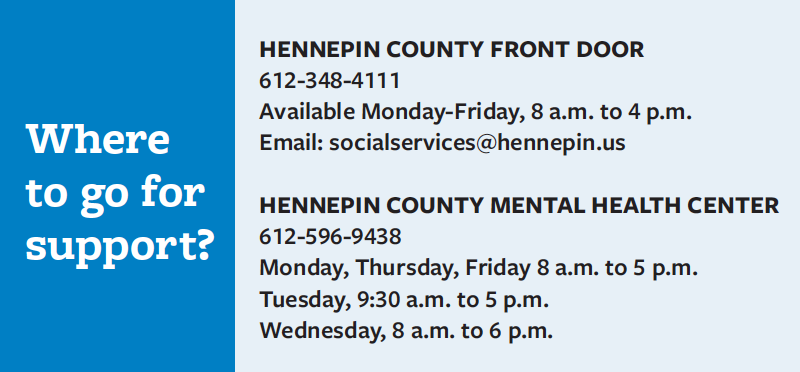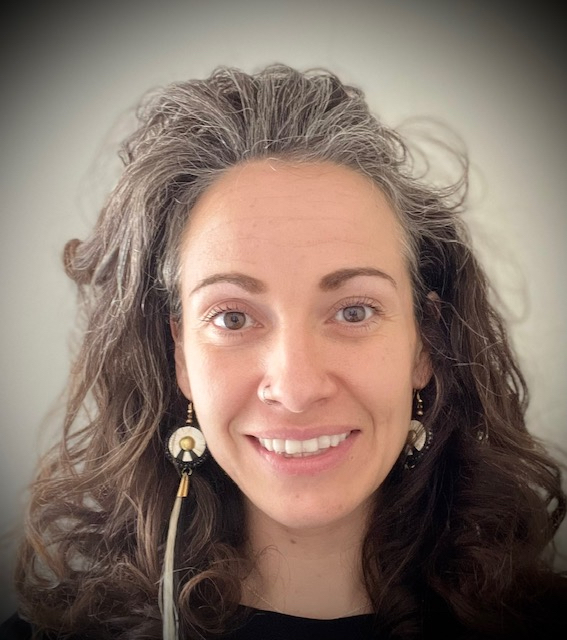In the wake of the pandemic, many adolescents have shown heightened signs of anxiety and depression.
According to the National Institute of Mental Health, teenagers’ brains exhibited older “brain ages” compared to teens’ brains that were scanned before the pandemic. This means that their brains exhibited features that are usually found in older people and those who have experienced chronic stress or adversity.
“I think most people are walking around with a lot of unhealed stuff,” said Kayla Richards, program manager of the Juvenile Justice Behavioral Health Initiative. “Trauma, grief and loss; grief related to what the pandemic did to folks in terms of the ways that we connect with others.”

Because so many youths missed out on formative experiences—such as in-person graduations, first days of college, after-school programs—there is a feeling of loss in the adolescent population. Coupled with communitywide civil unrest after the murder of George Floyd, young people in the Twin Cities may be experiencing the loss at a heightened level.

“I’m noticing a lot of folks attempting to cope with a lack of healing and that shows up really differently for different people,” Richards said. “Depression, anxiety, sometimes really high-risk behavior sensation seeking.”
That is where Hennepin County comes in. The county has the Behavioral Health Center, located at 1800 Chicago Ave. in Minneapolis, in place for residents over 18. It is a centralized clinic that provides social services, including mental health care, to people who walk in: no appointment needed.
Services for residents under 18 tend to be less centralized, Richards said. But there are many services in place to support youth, such as mental health assessments; therapy, both for the individual child and for families; and in-home counseling. Hennepin County has officials across the area to help respond to the health care needs of families and adolescents. A main goal for the program is to be able to offer support wherever it is needed.
The county’s Juvenile Justice Behavioral Health Initiative is still being built up, as it is relatively new. Currently, part of the county’s program functions as a coalition of people who meet every month to discuss what the program should look like. These people include family members who have lived through the process of seeking help for a young person, experts on the subject matter being discussed at the meeting and the adolescents themselves to offer up opinions on what they need. Having the people who seek the services in the discussion means that the initiative can provide the help needed to whoever needs it.
Even without a centralized clinic, youth in Hennepin County have a system to support them, which is especially important to have after the events of the COVID-19 pandemic. In the county, they are especially focused on meeting the recipients where they are to best serve everyone.
“The youth and family services [are] really being provided where the youth and families are,” Richards said. “We’re working at building out supports.”
ThreeSixty Journalism students are passionate about mental health and how it impacts their community, which is why the stories produced at News Reporter Academy this summer are so important. In partnership with the Center for Prevention at Blue Cross and Blue Shield of Minnesota and led by MinnPost, students are profiling mental health resources in underrepresented communities. This resource guide highlights important people and organizations doing mental health work throughout the Twin Cities. Click to read more stories.
Hennepin County Featured at TV Camp, Too!
